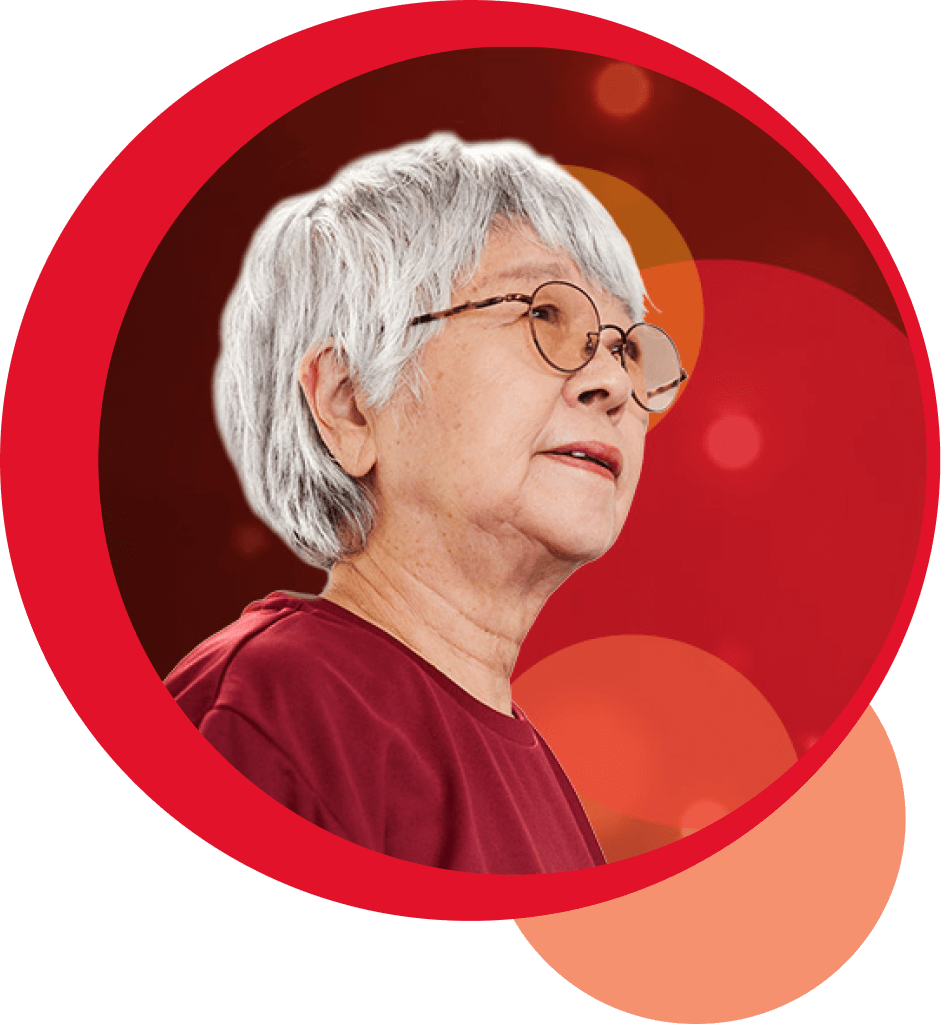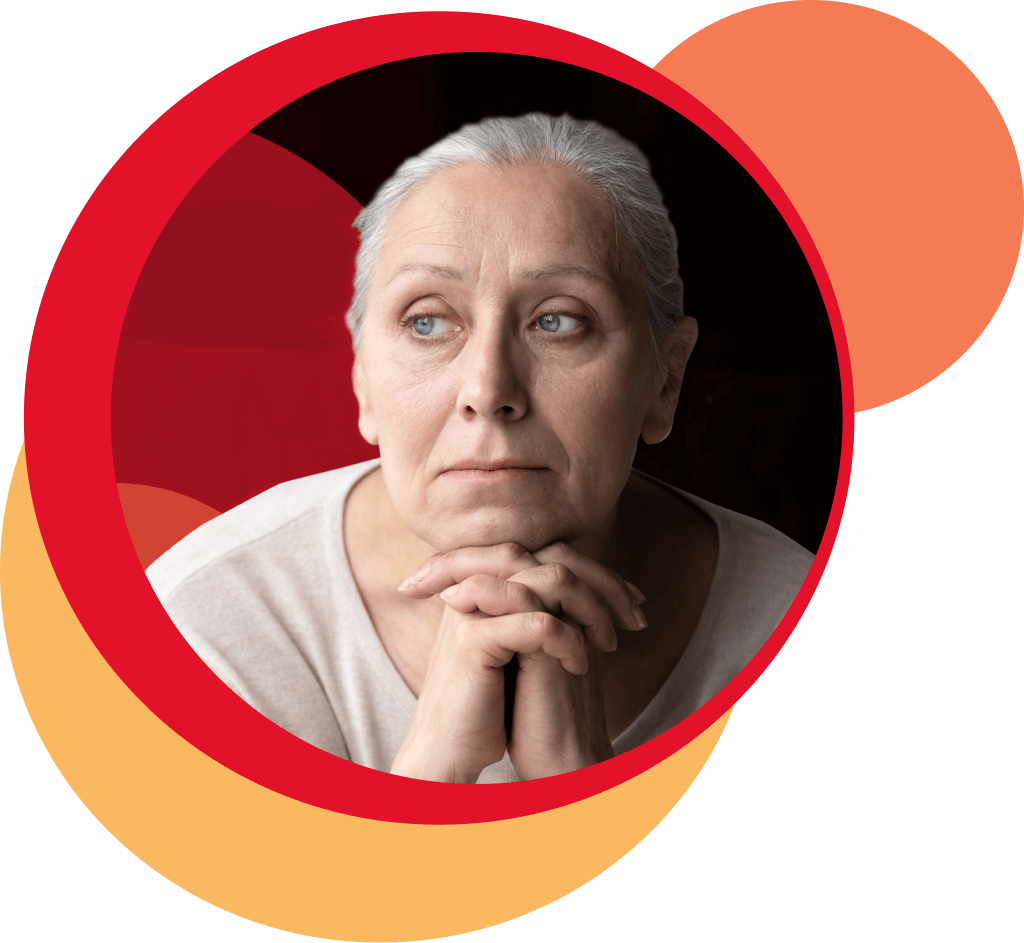A clinical trial for people with MDS and MDS-related anemia is now enrolling.



The RENEW Study is evaluating an investigational study drug to see if it may safely and effectively reduce the need for blood transfusions due to myelodysplastic syndrome and MDS-related anemia.
This study has at least 20 visits.
During the study, you will have a 2 in 3 (67%) chance of receiving the investigational study drug and a 1 in 3 (33%) chance of receiving a placebo. A placebo is a substance that looks like the investigational study drug but does not contain any active ingredients.
The investigational study drug is expected to block proteins in the blood that interfere with your body’s ability to make red blood cells. It will be given by subcutaneous (under the skin) injection every 4 weeks at the study site.
You may not be eligible to participate if you have received certain treatments for your MDS. There are additional criteria that are reviewed by the study team at the study center at the first visit.


If you qualify and decide to participate, you will receive:
Your safety while participating in the RENEW Study is our highest priority. If you have questions or concerns at any point throughout the study, a study team member is available to speak to you.
Your participation matters—because research needs people from all backgrounds to find better treatments for everyone. Participation in any clinical research study is voluntary, and you are free to withdraw at any time for any reason. Your privacy will be maintained throughout the study.
Myelodysplastic syndrome (MDS) is a type of blood cancer. MDS-related anemia is caused when bone marrow is unable to make enough healthy red blood cells. People with MDS often have anemia, or low red blood cell counts, and require blood transfusions to help relieve their symptoms. These symptoms may include:
Most people with MDS have some degree of anemia. Up to 90% of people with MDS need a blood transfusion at some point, and 30–45% come to depend on blood transfusions.5 While there are treatments available for MDS, they may not work for everyone.
This is where the RENEW Study comes in.
1 https://www.cancer.gov/types/myeloproliferative/patient/myelodysplastic-treatment-pdq
2 https://www.aamds.org/mds/symptoms
3 https://www.cancer.org/cancer/types/myelodysplastic-syndrome/detection-diagnosis-staging/signs-symptoms.html
4 https://www.mds-foundation.org/learn/what-is-mds/
5 https://pmc.ncbi.nlm.nih.gov/articles/PMC5709101/

The map below shows the locations where we currently have study centers supporting this research study.
Don’t see one in your area? You can still answer a brief survey here to see if you may qualify and have your information saved. That way we can reach out to you as new study centers open closer to you.
Travel and reimbursement support will be provided.
This section will help answer some important questions you may have about participating in this study.
The RENEW Study is evaluating an investigational study drug to see if it may safely and effectively reduce the need for blood transfusions due to myelodysplastic syndrome (MDS) and MDS-related anemia.
The investigational study drug is expected to block proteins in the blood that interfere with your body’s ability to make red blood cells.
Before you agree to participate, the study team will review all aspects of the study with you, including required tests and procedures. If you decide to take part, you will be given a document called an Informed Consent Form that provides, in writing, the study’s purpose, tests, procedures, benefits, risks, and precautions. You will have the opportunity to ask questions and decide if taking part is right for you.
Please contact a study center near you if you have questions. A research nurse or coordinator can provide more information and answer your questions.
A placebo is a substance that looks like the investigational study drug but does not contain any active ingredients.
The study teams respect and protect your privacy and will not share your information except as required by law and will store your personal information with codes that do not identify you. The Informed Consent Form will provide more information about how your privacy will be maintained.
Your participation in a clinical research study is entirely voluntary and you may withdraw at any time. If you decide to withdraw early, you will be asked to notify the study team before doing so. You will be asked to return to the clinic at least once to complete a final visit. With your permission, the study team may contact you periodically for a period of 3 to 5 years after your last dose of the study drug.
There is no charge for participation. All tests and procedures and the study drug related to the clinical research study are provided at no cost.
The study team can inform you about reimbursement for expenses incurred to attend study visits if you are eligible, but you will not be paid for taking part in the study.
Your doctor does not have to give permission for you to participate. However, either you or the study doctor, with your permission, may contact your doctor to discuss your participation before you begin, ask about your medical history, and keep your doctor up to date about your progress.
A clinical research study, also known as a clinical trial, is a scientific study that evaluates the safety and effectiveness of a study drug. A clinical trial may show that the investigational study drug is better than, as good as, or worse than the standard treatment or placebo (a substance that looks like the investigational study drug but does not contain any active ingredients). Qualified doctors, nurses, and other medical professionals are responsible for conducting the study.
It is only through the completion of clinical research studies that study drugs can be evaluated and, if proven safe and effective, approved for a particular use. Different regulatory bodies in different countries will provide this approval after a thorough review. Prescription drugs in use today were first proven safe and effective during clinical research studies.
Only participants who meet all required eligibility criteria for a clinical research study may take part. The study team at the clinic you select will review your medical history and current medical status against the eligibility criteria. They will determine if you are eligible to participate in the study. You may also be asked to provide information from your medical records to help the study team determine whether or not you may be eligible.
An investigational study drug is a drug that is currently being tested in clinical research studies. It has not yet been approved by regulatory authorities for use by doctors in their everyday practice.
1. Platzbecker U, Fenaux P, Adès L, et al. Proposals for revised IWG 2018 hematological response criteria in patients with MDS included in clinical trials. Blood. 2019;133(10):1020-1030. doi:10.1182/blood-2018-06-857102